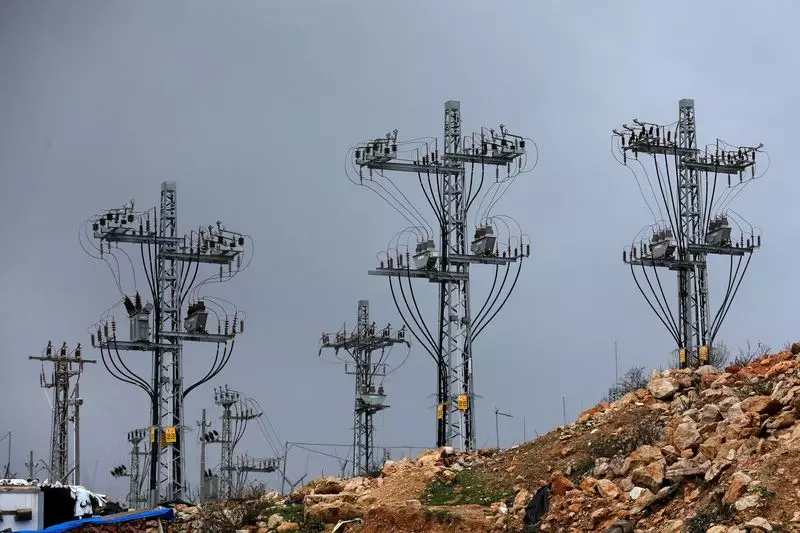The ongoing financial tensions between Israel and the Palestinian Authority (PA) have reached alarming levels, particularly following the intensification of conflict in October 2023. As conflict disrupts the already fragile economic relations, recent actions taken by Israeli Finance Minister Bezalel Smotrich illustrate the complexities and challenges in this long-standing relationship. The implications of these developments go beyond immediate financial transactions; they touch upon deeper political and humanitarian concerns straddling both communities.
The Fiscal Arrangement: A Historical Context
For decades, Israel has collected tax revenues on goods entering the West Bank and subsequently transfers these funds to the PA. This arrangement—born from a need for financial liquidity in the occupied territories—has historically provided the PA with critical funding necessary for paying public service salaries and facilitating governance. However, following the Hamas-led attack on October 7, 2023, these financial dynamics experienced a seismic shift. Amid heightened tensions, the Israeli government opted to withhold nearly 800 million shekels (over $200 million) that would typically support Gaza’s administration, elevating the scrutiny of financial dependencies between the two sides.
Smotrich’s recent announcement regarding the use of tax revenue to offset the PA’s debts to the Israel Electric Company (IEC) represents a drastic pivot in normal operations. Instead of fulfilling commitments to the PA, these funds are being reallocated in an attempt to alleviate the debts that the IEC faces—some of which have exacerbated the cost of living for the citizens of Israel. The Finance Minister’s justifications hinge on a narrative that frames the PA as a supporter of violence, thus warranting financial penalties.
The ramifications of withholding funds are severe, particularly for citizens in Gaza and the West Bank. According to the Palestinian finance ministry, Israel’s actions resulted in the PA only being able to pay 50-60% of public sector salaries, exacerbating the financial crisis. The direct impact on civilians—who rely heavily on these salaries for survival—raises questions about the ethical implications of using collective punishment in political maneuvers.
Furthermore, there are concerns that targeting financial assistance for the PA could be a counterproductive strategy that undermines any efforts towards reconciliation. Citizens who are unable to receive their due salaries may lose faith not only in the PA but also in prospects for peace and stability. As public trust erodes, political extremism can gain traction, leading to wider societal discord.
The involvement of Norway in holding financial reserves underlines the international dimension of this conflict. Norway’s designation of funds as a “punitive measure” linked to Gaza’s financial support indicates a complex layering of international geopolitical interests intertwined with local policy decisions. Lack of access to these funds due to political sanctions can contribute to a downward spiral in humanitarian conditions in both Gaza and the West Bank.
Moreover, the current scenario raises questions about the viability of international financial support mechanisms for Palestine. The Palestinian finance ministry’s plea to international partners suggests that they are acutely aware of the adverse ripple effects these financial sanctions are likely to have on the larger geopolitical landscape, particularly as it relates to public health, education, and infrastructure in Palestinian territories.
As we look ahead, the financial interplay between Israel and the Palestinian Authority carries significant consequences. Political strategies that employ financial tools against entities perceived as enemies might provide short-term gains but risk long-term instability. Constructive dialogue, based on mutual interests and humanitarian considerations, is crucial. Only through thoughtful engagement can both parties hope to dismantle a cycle of financial hindrance and perpetual discord. The pressing need for peace and stability calls for solutions that consider the welfare of all citizens rather than punitive measures against political grievances. Thus, fostering a pathway toward reconciliatory financial arrangements could be integral to any future peace-building efforts in the region.

